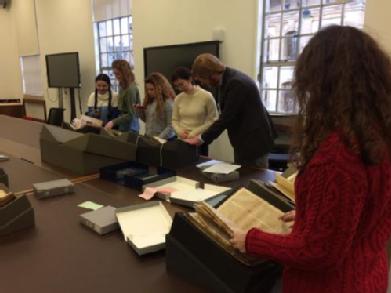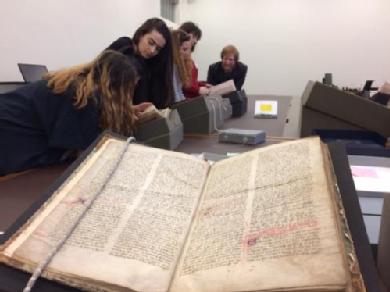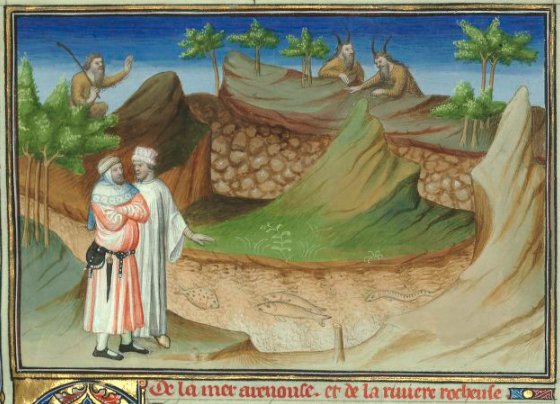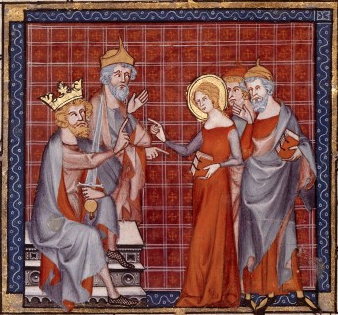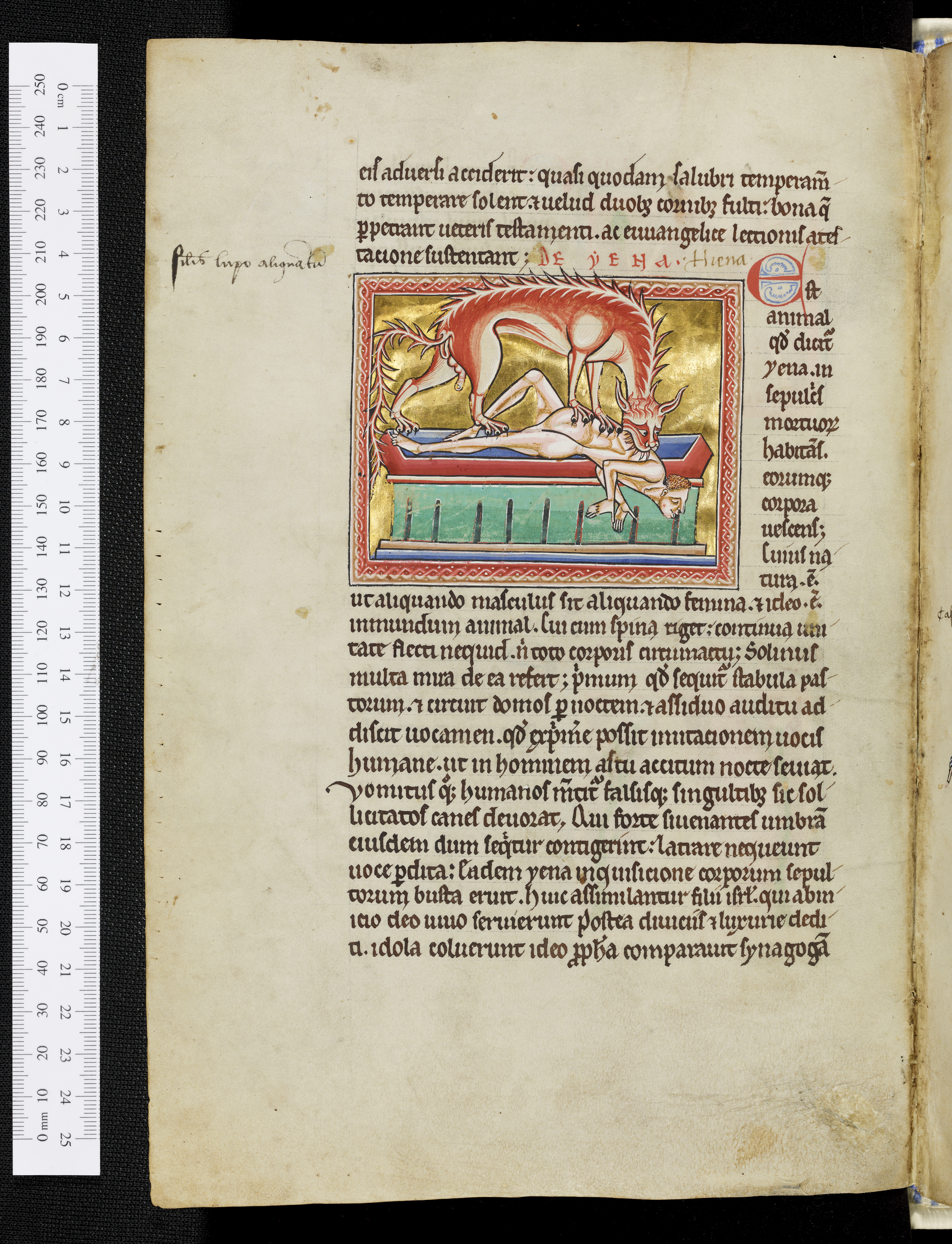FR267 The Medieval World and its Others: Gender, Race, Religion
| Module Code: FR267 |
|---|
| Module Name: The Medieval World and its Others: Gender, Race, Religion |
| Module Coordinator: Dr Emma Campbell |
| Not running 2024-25 |
| Module Credits: 15 |
Module Description
In contemporary contexts, the labelling of something as 'medieval' often harks back to what is seen as a violent, bigoted, uncivilised past. This module will look beyond this comforting fantasy of a ‘dark ages’ against which the present can be measured, giving you a better understanding of how Western medieval sources actually deal with topics like gender, race, and religion.
While not shying away from the misogyny, anti-semitism, and racial/religious prejudice sometimes articulated in medieval texts and images, the module will also give you an insight into how such views are challenged or troubled. We will consider how medieval women, Muslims, Jews, and various kinds of racial 'others' were represented in medieval culture. We will do this through focused analysis of a range of different source types, including didactic materials, illustrated works of natural history, romance, and fantastical travel narratives. If the public health situation allows, one week of the module will be dedicated to exploring medieval culture through library collections in Oxford. (If this visit is not possible, we will work on medieval maps instead.) No previous knowledge of the Middle Ages is required for the module; the textual materials studied are predominantly written in medieval French or Latin, but will be studied in modern French or English translation.
The Middle Ages remains an important reference point for contemporary Western culture. This is your opportunity to look behind the myths pedalled about this crucial historical period and to consider for yourself the complexity of medieval representations of gendered, racial, or religious ‘otherness’.
Students on the trip to Oxford in 2019
Core Texts/Materials
Materials will, where possible, be made available in digital format. Students will find it useful to have their own copies of some of the core texts. Medieval manuscripts discussed in lectures and seminars are usually available online.
1. Fiero, Gloria K., Wendy Pfeffer, and Mathé Allain, ed. and trans., Three Medieval Views of Women: La Contenance Des Fames, Le Bien Des Fames, and Le Blasme Des Fames (New Haven and London: Yale University Press, 1989). (available on the Internet ArchiveLink opens in a new window)
2. Clemence of Barking, ‘La Vie de Sainte Catherine d’Alexandrie’, in Virgin Lives and Holy Deaths: Two Exemplary Biographies for Anglo-Norman Women, ed. and trans. J. Wogan-Browne and G. S. Burgess (London: Everyman, 1996), 3-43.
3. Christine de Pizan, La Cité des Dames, trans. T. Moreau and E. Hicks (Paris: Stock, 1986). (some digitised extracts to be made available to students)
4. Clark, Willene B., ed. and trans. A Medieval Book of Beasts: The Second-Family Bestiary. Commentary, Art, Text and Translation (Woodbridge: Boydell, 2006). (digitised extracts to be made available to students)
5. Aucassin et Nicolette (Paris: Flammarion, 1993) or (Paris: Gallimard, 1999).
6. 'The Book of Marvels and Travels / Sir John Mandeville', trans. Anthony Bale (Oxford : Oxford University Press, 2012).
Assessment Method:
2,000-2,500 word assessed essay + 100-150 word abstract: 70%
1,000-1,500 word blog post: 30%
The first assessment for the module will develop evaluative, analytical, and synthetic skills as well as subject knowledge. You will adapt this knowledge and these skills to a different kind of writing in your blog post. This second assessment will encourage students to reflect on the relationships and differences between the medieval past and the present, presenting an argument that targets a public audience. The module thus develops your academic skills and transferrable skills that may be applied outside academic contexts.
Student Testimonials:
'I think the fact that it is quite a broad module allows me to focus on what interests me the most and this drives me to develop a deeper understanding of elements in the course.'
'The lectures were always really engaging, clear and concise and had such a range of useful information without ever being too overwhelming.'
'I chose this module without really knowing what to expect and it was a really nice surprise; I am not a great fan of the Middle Ages but this class really interested me in so many points.' (Erasmus student)
'Probably one of the better courses that I ever followed.' (Erasmus student)

